LATEST INSIGHTS
Your Present Location: LATEST INSIGHTS-
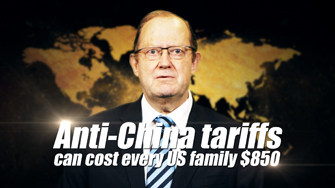
John Ross: Anti-China tariffs: a cost to every US family of $850
The US tariffs against China pose every American family with a stark choice: Do they want to pay 850 US dollars a year to the US tax authorities, to carry out a tax war against China, or do they want to spend that 850 US dollars on their own household? This will significantly affect their living standard.
2018-09-03 -
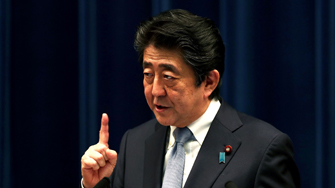
Wang Peng: Japan to seek greater regional autonomy through secret meeting with DPRK
The secret meeting, which has previously not been reported, took place in Vietnam between a top Japanese intelligence official, Shigeru Kitamura, and a senior DPRK official in charge of reunification, Kim Song Hye.
2018-09-03 -
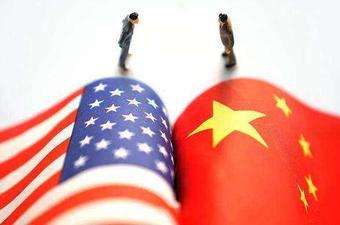
Asia, Europe will not be blackmailed by Trump
China will not yield to any threat or pressure from the US, and the problem can only be solved through "equal, credible and pragmatic" dialogue, the Chinese Foreign Ministry said on Friday in response to US tariffs on $200 billion Chinese goods which would likely take effect next week.
2018-09-03 -
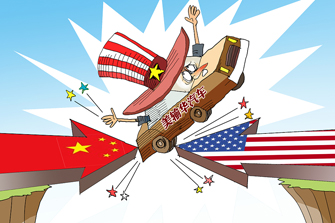
China not to accept another Plaza Accord, says ambassador
Chinese Ambassador to the United States Cui Tiankai said here on Thursday that China would not accept a Plaza Accord imposed on it.
2018-09-03 -
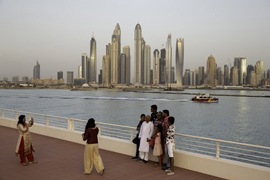
UAE eager for Chinese investment amid growing China-Middle East ties under BRI
Affluent Gulf countries like the United Arab Emirates (the UAE) and Saudi Arabia are eager to attract investment from Chinese companies and businessmen as China's economic relations with the Middle East have expanded smoothly in recent years under the Belt and Road (B&R) initiative framework.
2018-08-31 -
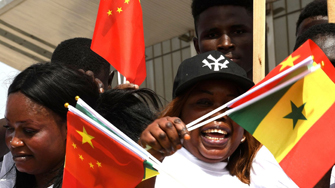
China-Africa ties stronger, mutually beneficial
China-Africa cooperation has made great strides and positive changes, further spurring momentum and bringing mutual benefits to the continent and China, a senior official at the Ministry of Commerce (MOFCOM) said on Tuesday ahead of the Beijing Summit of the Forum on China-Africa Cooperation (FOCAC), which begins on September 3.
2018-08-31 -
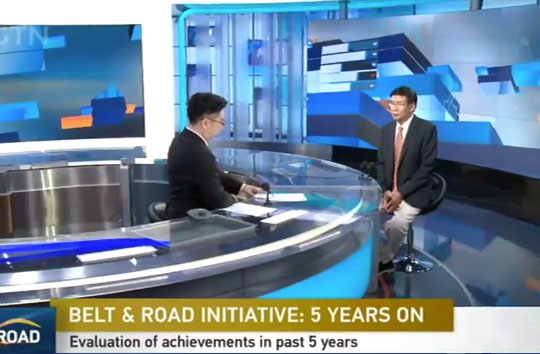
Is self-confidence the biggest global effect of BRI?
When it comes to evaluating the impact of the Belt and Road Initiative (BRI) over the last five years, one Chinese academic thinks the most important effects cannot be easily measured or even seen.
2018-08-31 -
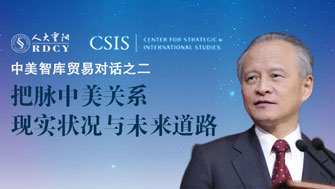
Ambassador Cui Tiankai: China will not suffer from a Plaza Accord
On the morning of August 30th, co-hosted by Chongyang Institute for Financial Studies of Renmin University of China (RDCY) and the US Center for Strategic and International Studies (CSIS), Sino-US Think Tank Dialogue on Trade Series 2 with a theme of "Sino-US Relations: Current Situation and Future Trends" was held in Washington D.C.. Cui Tiankai, Chinese Ambassador to the United States, attended the working luncheon of roundtable discussion and delivered a speech.
2018-08-31 -
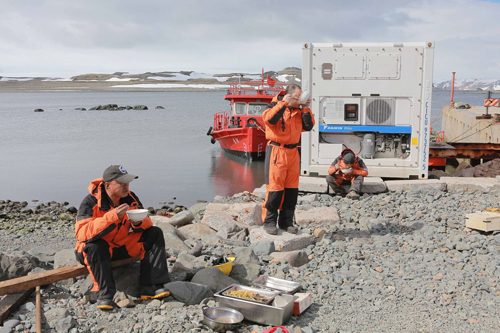
What Does a Chinese Superpower Look Like? Nothing Like the U.S.
What struck Wang Wen about Antarctica, beyond the brutality of the December cold, was the scale of U.S. operations in such an inhospitable environment and the American flag fluttering by the sign that marks the geographic South Pole. Observing the academic mission of hundreds of U.S. scientists in a region rich in resource potential, he was determined that China must catch up.
2018-08-30 -
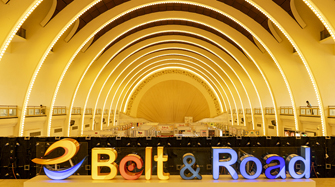
Belt and Road Initiative provides opportunities for cooperation
China's Belt and Road Initiative has provided significant opportunities for China and other countries to cooperate in the fields including infrastructure and climate change in the South Pacific region, experts from China and Fiji said here on Tuesday.
2018-08-30 -
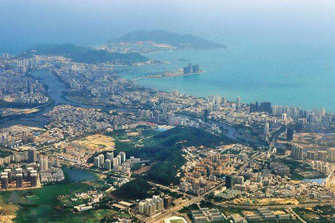
Ding Gang: Freeing up the mind for future success
In the modern history of the world, 1978 does not seem to be unique. Wikipedia's memo of the year begins like this: 1978 was a common year starting on Sunday of the Gregorian calendar.
2018-08-30 -

FOCAC Summit to bolster ties with Africa
The Forum on China-Africa Cooperation, acting as a model for South-South cooperation since its establishment in 2000, will continue to be an important platform for jointly building a community of shared future for mankind, diplomats and researchers said.
2018-08-29 -
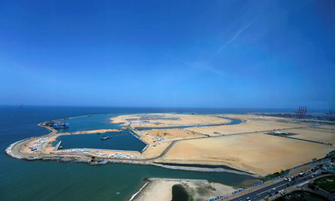
B&R accusations groundless, but problems need to be addressed
In the past five years since China first proposed the Belt and Road (B&R) initiative, massive infrastructure projects from railways to ports and power plants have been built in many countries, with tangible benefits that have been hailed by locals. But the B&R has also encountered challenges, some of which are likely to continue if left unaddressed, experts said on Monday.
2018-08-28 -
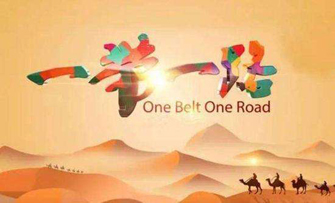
B&R kindles confidence, inspiration around world
From 2013 to 2018, the initiative has turned from a proposal into action and has become the world's largest international cooperation platform, China Media Group said in a report on Saturday.
2018-08-28 -
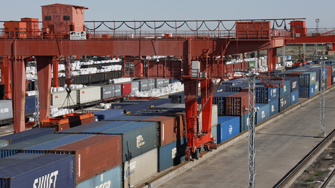
Wang Yiwei: How to evaluate the outcomes of the five-year-old Belt and Road Initiative
As the Chinese saying goes; “the three-year-old child is the father of the man.” Three years after the Belt and Road Initiative (BRI) was proposed, Chinese President Xi Jinping pointed out that “the progress and outcomes of the BRI have exceeded expectations.” Five years later, the outcomes of BRI have exceeded not only the expectations of China but also those of the world.
2018-08-28 -

Belt and Road five years on: From a rough sketch to an intricate painting
China's Belt and Road Initiative (BRI) is celebrating its fifth anniversary amid once-in-a-century changes on the international landscape. Over the past five years, China has witnessed a narrowing gap with most Western countries, thriving to be the Asian powerhouse amid a wide spectrum of prosperity across emerging economies.
2018-08-28 -
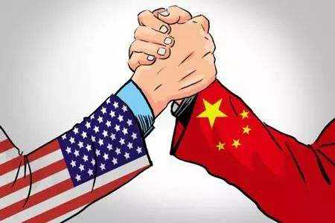
China, US reject all-out trade war
Two days of trade consultations between China and the US, which ended on Thursday, showed that both countries do not want an all-out trade war and that disputes might be resolved through further talks by mid-2019, Chinese experts said on Friday.
2018-08-28 -
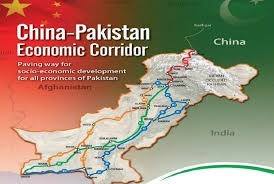
Wang Peng: CPEC key to developing western China and consolidating regional security
The leaders of China and Pakistan reached an agreement in 2013 to jointly promote the construction of China-Pakistan Economic Corridor (CPEC), which is a landmark in the history of bilateral relations. With the implementation of the CPEC project in the last five years, the traditional political and strategic relations between the two countries have transformed into a continuously deepening pragmatic partnership with an economic win-win strategy. The construction of CPEC is of strategic and econo
2018-08-27 -
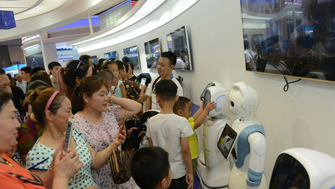
Liu Zhiqin: Smart technology makes China smart
The Smart China Expo held in Chongqing Municipality from August 23 to 25, 2018, has attracted great attention from many countries, and various top-ranked companies from abroad and domestic industries have shown their best technologies and latest innovations in the smart industries.
2018-08-27 -
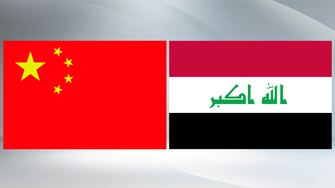
China, Iraq to deepen strategic partnership
Taking the opportunity of the 60 year anniversary of the establishment of diplomatic relations between China and Iraq, Chinese President Xi Jinping said he is willing to work with the Iraqi president to deepen bilateral strategic partnership.
2018-08-27
























































































 京公网安备 11010802037854号
京公网安备 11010802037854号





